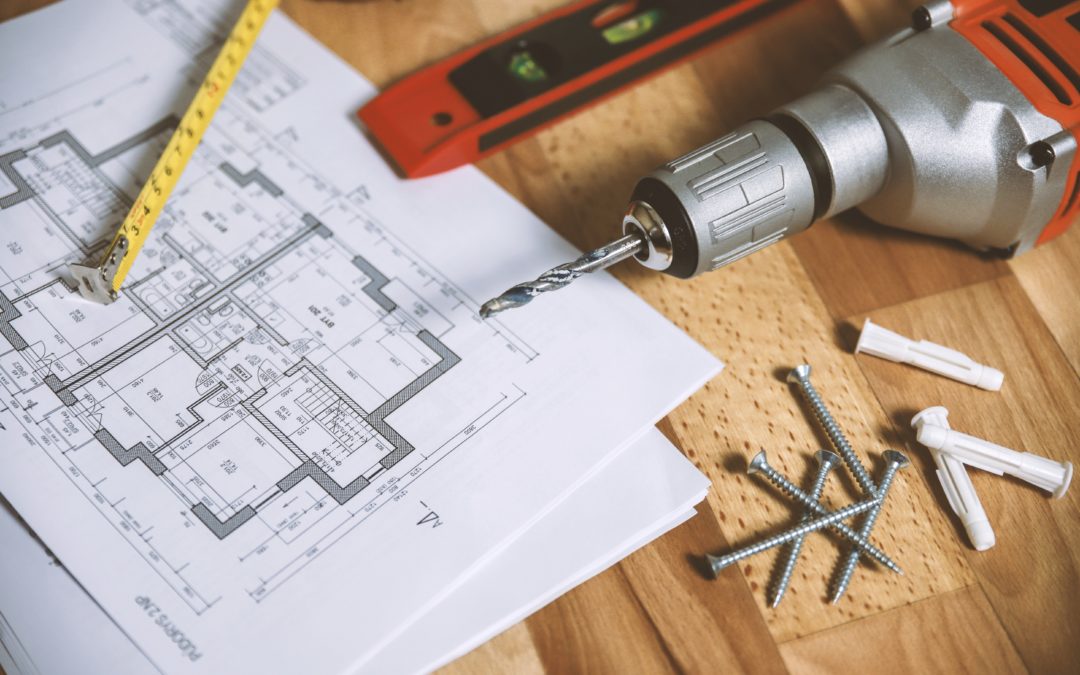Many local and state governments across the U.S. are ordering that nonessential services cease until further notice to try to curb the spread of COVID-19. Community associations may need to reevaluate which construction projects are necessary to their continued operation—and which ones to put on hold during the outbreak.
Association boards and managers should start by defining the work that is considered essential, such as roof repairs, and those that are considered discretionary, such as capital improvements to common areas, says David Graf, a partner with Moeller Graf in Englewood, Colo., and a fellow in CAI’s College of Community Association Lawyers (CCAL).
Renovation projects in individual units will require a conversation between the association’s board, management, and the homeowner to determine if work needs to be suspended until further notice. “We have to be mindful of the fact that there are essential things people will need when sheltering in place in their homes,” says Graf, who notes that essential work may include repairing appliances or addressing water leaks.
Boards should be having conversations with contractors about their internal protocols to conduct work in the association and share guidelines to protect the well-being of residents, says Matt D. Ober, principal at Richardson Ober DeNichilo in Pasadena, Calif., and a CCAL fellow.
Ober adds that boards also should consider whether to limit hours or suspend nonessential construction due to noise, since a majority of homeowners may be practicing social distancing by working remotely.
Alissa Thompson, vice president of operations at Cornerstone Managing Partners in San Diego, says the construction services company is requiring workers to wear additional protective gear and frequently disinfect surfaces, limiting the number of workers doing interior renovations in individual condo units, and asking the association to designate an elevator just for work crews, if possible.
Thompson urges homeowners to speak up and tell the association’s board and management team if they do not feel comfortable continuing projects in their units during the outbreak.
She also encourages association boards and their contractors to discuss whether the community will put a hold on certain projects for the foreseeable future, as that can help them reach an agreement that is beneficial to both the association and the contractor’s financial stability.
If boards decide to postpone certain projects, the terms should be negotiated to prevent a potential breach of contract, says Ober. “When you’re modifying any contract, get it in writing and approved by the board,” he stresses.
>>CAI has developed guidance, sample forms and documents, and FAQs on the COVID-19 outbreak. Bookmark the page and return regularly for updates and additional resources.
This information is subject to change. It is published with the understanding that Community Associations Institute (CAI) and Ungated are not engaged in rendering legal, accounting, medical, or other professional services. If legal advice or other expert assistance is required, the services of a competent professional should be sought.


